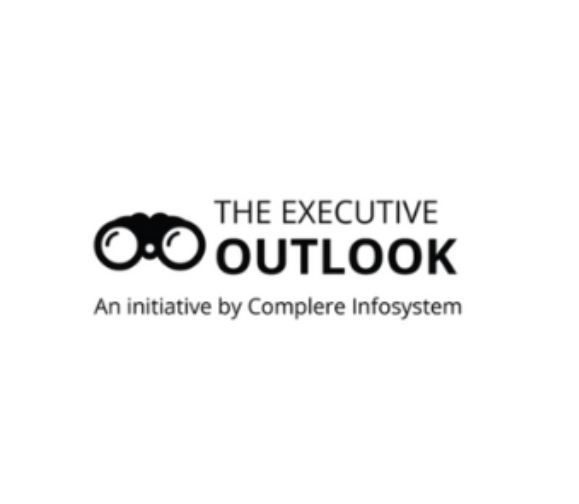In this special edition of The Executive Outlook,we had the opportunity to sit down with Preet Singh, a data-driven leader and entrepreneur. Preet has spent his career at the intersection of data, technology, and business growth, from building his own company to mentoring startups and driving innovations in marketing and analytics. His journey is a story of curiosity, adaptability, and following opportunities where they lead.
Watch the full conversation on YouTube by clicking the link below:
Click here to discover more life stories and insights from leaders shaping the future of data and tech.
Editor Bio

I’m Isha Taneja, serving as the Editor-in-Chief at "The Executive Outlook." Here, I interview industry leaders to share their personal opinions and provide valuable insights to the industry. Additionally, I am the CEO of Complere Infosystem, where I work with data to help businesses make smart decisions. Based in India, I leverage the latest technology to transform complex data into simple and actionable insights, ensuring companies utilize their data effectively.
In my free time, I enjoy writing blog posts to share my knowledge, aiming to make complex topics easy to understand for everyone.





